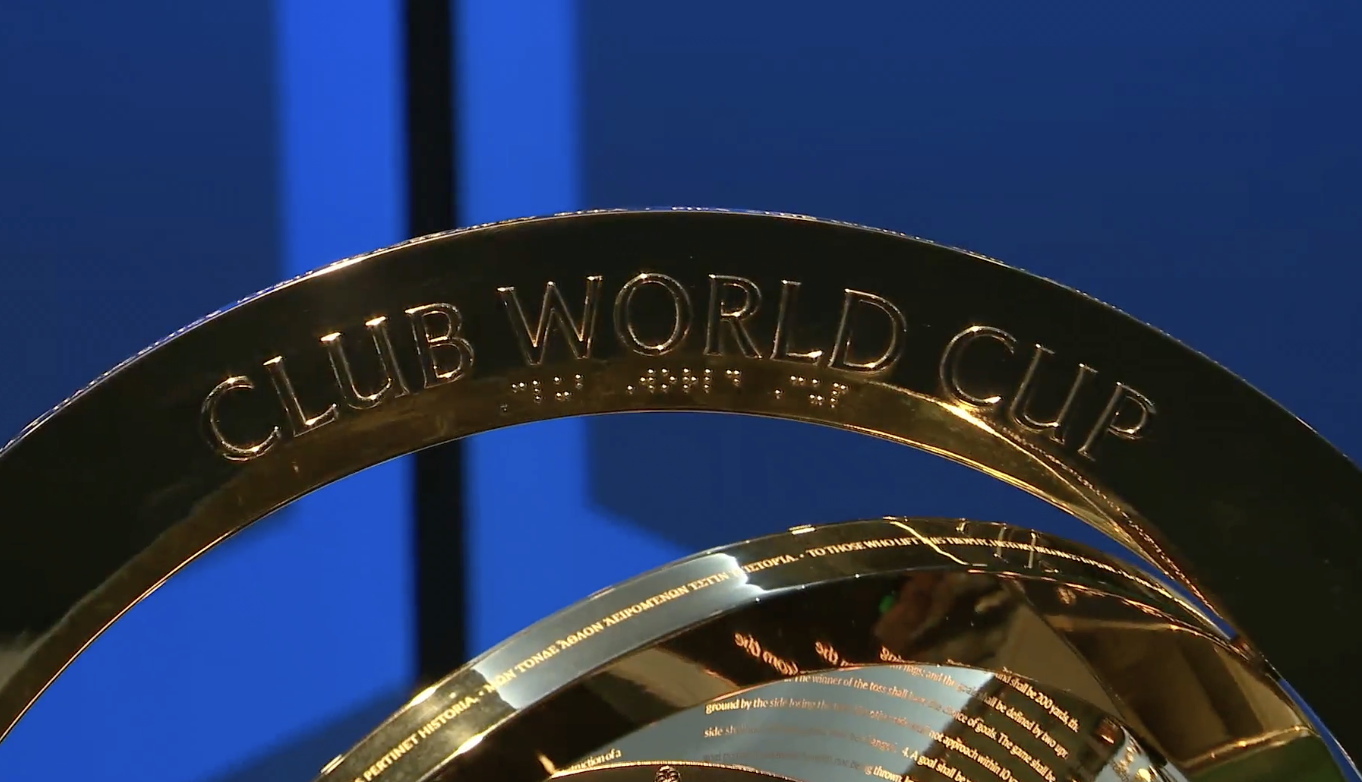June 17 – FIFA has opted not to display any explicit anti-racism or anti-discrimination messaging at this summer’s expanded Club World Cup in the United States, a stark shift from previous tournaments and one that leaves the governing body out of step with regional counterparts like Concacaf, who are actively promoting anti-racism protocols at every match of the ongoing Gold Cup.
Multiple sources briefed on FIFA’s planning told The Athletic that prepared materials for the “No Racism” and “No Discrimination” campaign – used prominently at the 2022 World Cup in Qatar and the 2023 Women’s World Cup in Australia and New Zealand – were shelved ahead of the Club World Cup.
Since the tournament kicked off, there have been no visible signs, in-stadium announcements or social media campaigns relating to the issue, despite FIFA previously trumpeting its so-called “universal anti-racism gesture” as a core element of its competitions.
According to The Athletic, FIFA declined to comment on why it had scaled back these efforts, nor did it confirm whether participating clubs had been consulted.
However, the absence of messaging aligns uncomfortably with a broader cultural rollback in the U.S., where corporations and institutions are quietly retreating from diversity, equity and inclusion (DEI) initiatives.
The silence from FIFA is all the more notable given President Gianni Infantino’s well-documented ties to the Trump administration, having attended multiple events including Trump’s inauguration and made several visits to the White House.
It is not unusual for Infantino’s friendship with Trump to eclipse his focus on football – having turned up four hours late to FIFA’s conference last month due to prioritising his time with the US president, prompting a mass walk-out from UEFA officials.
Asked whether the political climate influenced the decision, FIFA instead pointed to its statutes claiming the organisation “remains neutral in matters of politics.”
Hypocrisy aside, the neutrality rings hollow when racism is not a political issue, but a human one – and one that continues to afflict the game globally.
Brazilian international Vinícius Júnior, for instance, has endured repeated racist abuse while playing for Real Madrid in LaLiga. In 2023 alone, he was subjected to monkey chants by opposition fans on several occasions, prompting public outcry and even calls from Brazil’s government for FIFA to take action. FIFA itself had claimed the abuse against Vinícius was a “wake-up call” and vowed to push harder on anti-racism – but its actions this summer suggest otherwise.
In contrast, Concacaf has not flinched. The confederation has used the Gold Cup as a platform to reinforce its anti-racism stance, including matchday messaging and pre-match announcements explaining the three-step protocol that addresses discriminatory behaviour from the stands: warning, match pause, and potential abandonment.
The aim is to ensure fans, players and officials know both the rules and the consequences – a level of clarity that’s been conspicuously absent in FIFA’s flagship tournament this month.
The decision to go quiet on racism comes as FIFA faces increasing scrutiny over the competitiveness, attendance, and commercial motives behind its expanded Club World Cup.
With visibly empty sections at matches, last-minute ticket discounts, and stadium reshuffling to fill gaps, the tournament has already drawn questions about legitimacy. Now, it risks adding moral apathy to the list.
Contact the writer of this story, Harry Ewing, at moc.l1754169465labto1754169465ofdlr1754169465owedi1754169465sni@g1754169465niwe.1754169465yrrah1754169465
